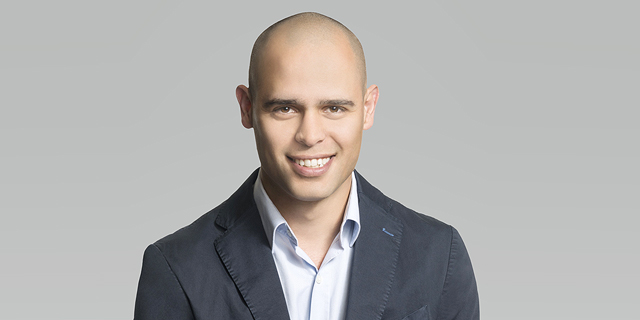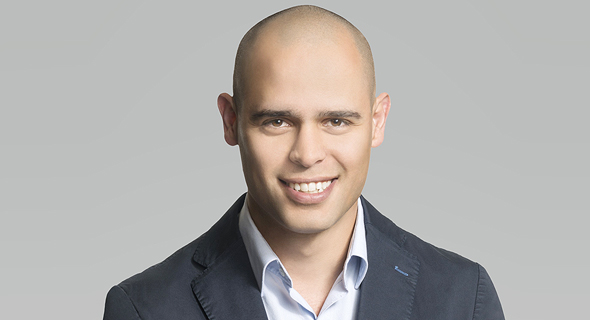
Unicorn Forum
“It isn’t fun to talk about what happens after a fundraising round, but it needs to be done”
Said Adv. Nimrod Vromen, Managing Partner at the Yigal Arnon & Co. law offices and CEO of the consulting firm Consiglieri Ltd during Calcalist and Discount Tech’s Unicorn Forum. “At first, there’s this feeling of loneliness; and then comes the panic and anxiety - how can we justify the valuation?
Irad Atzmon Schmayer | 15:58, 12.12.21
“I’ve had the privilege of dishing out advice to entrepreneurs for 15 years,” said Adv. Nimrod Vromen, a Managing Partner at Yigal Arnon & Co. law offices and CEO of Consiglieri Ltd, a consulting firm, during Cacalist and Discount Tech’s Unicorn Forum. “I advised 500 companies. I recognize all of the investors here, since they’ve invested in several companies that my offices represent. We took the business-side of legal consulting and put that into a consulting firm. We realized that plenty were interested in what we had to give to the industry.”
Vromen added that “the past two years have been insane. The high tech sector functioned excellently in 2020, and then it all doubled in 2021. The year ended in celebration. You know those entrepreneurs, who take photographs in ‘Charlie’s Angels’’ poses, who are celebrating their big IPO? That’s happening now more than ever.”
“As advisors of those entrepreneurs and as someone who accompanies them after their LinkedIn post, in the hours after they close their fundraising round, we have the privilege to hear what happens afterward,” Vromen revealed. “It’s a bit taboo and sucks to talk about, especially at an event like this, but you know what they go through. First, there’s this feeling of loneliness. Then, Suddenly, the entrepreneur needs to spend tens or dozens of millions of dollars within a certain time frame, since investors constantly demand to see results from entrepreneurs, who are fighting to retain their employees, who are mainly Millennials, and aren’t familiar with the corporate culture or don’t work out of the office. Afterward, those entrepreneurs need to justify another fundraising round at an even higher valuation within the next few years.”
“The second feeling is anxiety and panic. ‘How can I justify this valuation before we even have a revenue?,’ entrepreneurs ask themselves.” Vromen added that sometimes entrepreneurs lose their feeling of being special or exclusive. “It leads to a bit of depression, and we need to treat that,” he noted. “Sometimes entrepreneurs feel like the money they’ve raised has nothing to do with the metrics: If your money is tied to your abilities, then adding another $5 million is fine. But when the valuation of a young company grows rapidly to $50 million, you start to feel like an imposter. If you don’t admit it, and criticize yourselves in real-time, then you fear it will turn into some sort of open investigation afterward.”
“Imposter syndrome happens when we feel as if our success has nothing to do with our luck or exogenous, external factors. If those factors change for the worse, then we’ve lost it. When people withdraw NIS 80,000 ($25,800) a month, move to Tel Aviv, buy a Tesla, and finance their family, suddenly they decrease their expenses to NIS 50,000 ($16,120) - and it hurts. You need to prepare yourself for it.”
